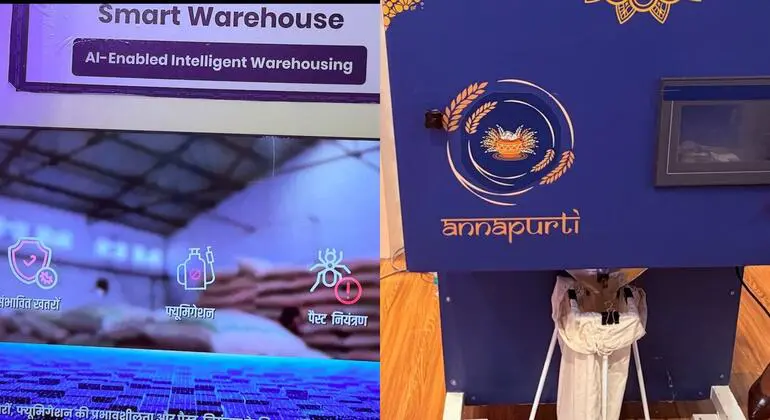Opening a virtual session of UNHCR’s annual Dialogue on Protection challenges, Assistant High Commissioner for Protection, Gillian Triggs, warned that “measures restricting access to asylum must not be allowed to become entrenched under the guise of public health”,
Instead, she urged States to maintain access for asylum seekers and to safeguard the rights of refugees, together with displaced and Stateless people.
Ms. Triggs also spoke of the deep and hard-hitting impact on refugees of the coronavirus, including restrictions impeding access to asylum, spiraling gender-based violence, risks of unsafe returns, and the loss of livelihoods.
Speaking out
Participants – consisting of displaced people, non-governmental organizations and Government speakers from Asia, Africa, the Middle East and Europe – discussed how compassion and initiative could help ensure that asylum claims were considered during the pandemic, and protection services adapted to reach people in need during lockdowns.They also pointed to how the pandemic presented greater challenges for the protection of refugees, internally displaced and Stateless people, maintaining the need for solidarity and greater support.
“The pandemic has threatened the social and economic rights of the most vulnerable in society – among them refugees and those forcibly displaced who, all too often, depend on the informal economy”, said the UN official. “They are among the first to suffer the economic impacts of a lockdown”.
Moreover, UNHCR operations also report increasing incidents of discrimination, stigmatization and xenophobia against refugees and displaced people, “exacerbating tensions with local communities”, he added.
Stepping up
UNHCR has been advocating for the urgent inclusion of refugees, displaced and Stateless people in the full range of responses to the pandemic, from public health to national social safety nets.
“The virus does not distinguish between legal status or nationality”, Ms. Triggs reminded. “Access to health services should not depend on citizenship or restrictive visa conditions”.
She upheld that “a realistic and practical opportunity for protection” lies in social inclusion and in non-discriminatory access to education, health and employment.
To illustrate the difficulties that refugees and internally displaced people face in the context of the pandemic, UNHCR also launched an interactive report called Space, shelter and scarce resources – coping with COVID-19, which highlights how acutely vulnerable displaced populations must contend with the pandemic.
Backdrop
The High Commissioner’s Dialogue was established more than a decade ago for refugees, Governments, the private sector and international organizations to exchange views on global protection matters.
This year, discussions are being held through five virtual sessions spread over the last quarter of the year, with the closing session to take place on 9 December.






